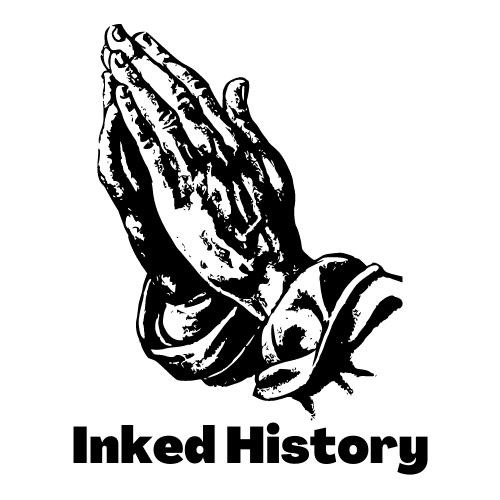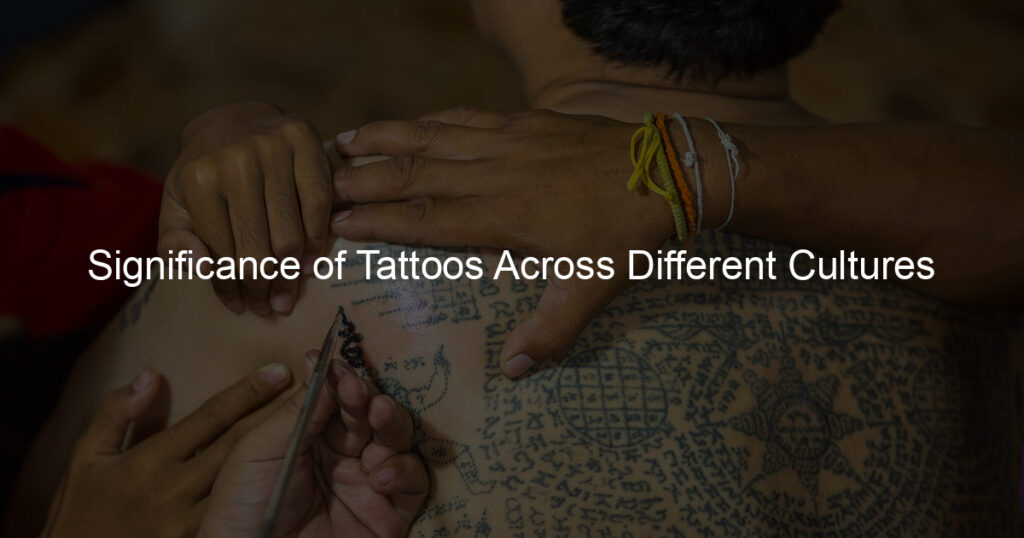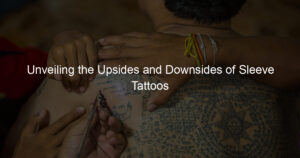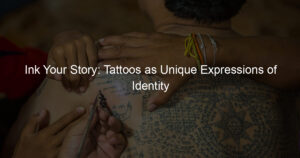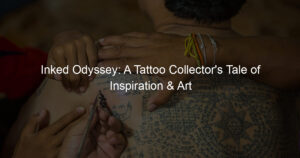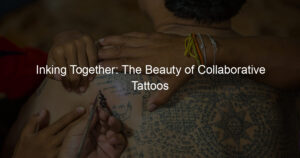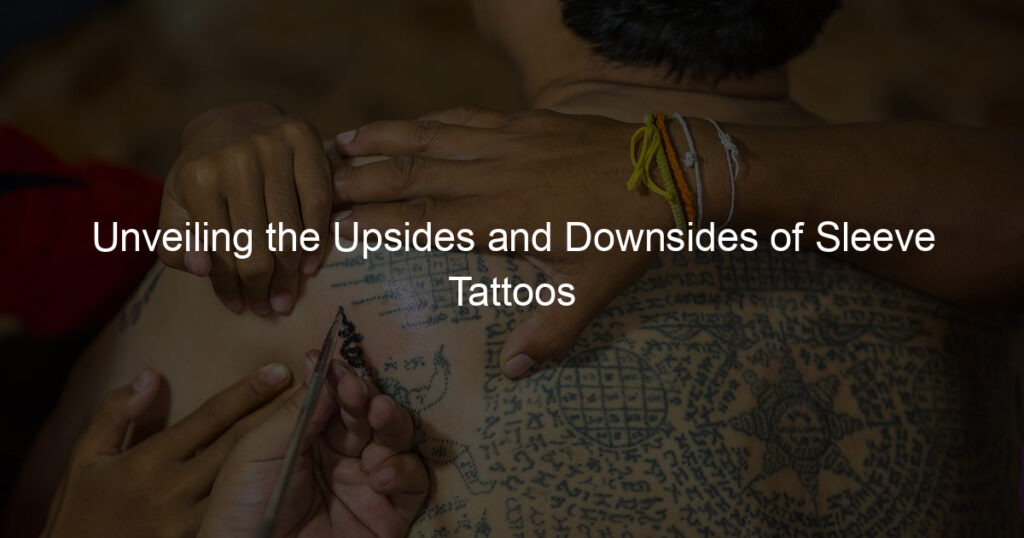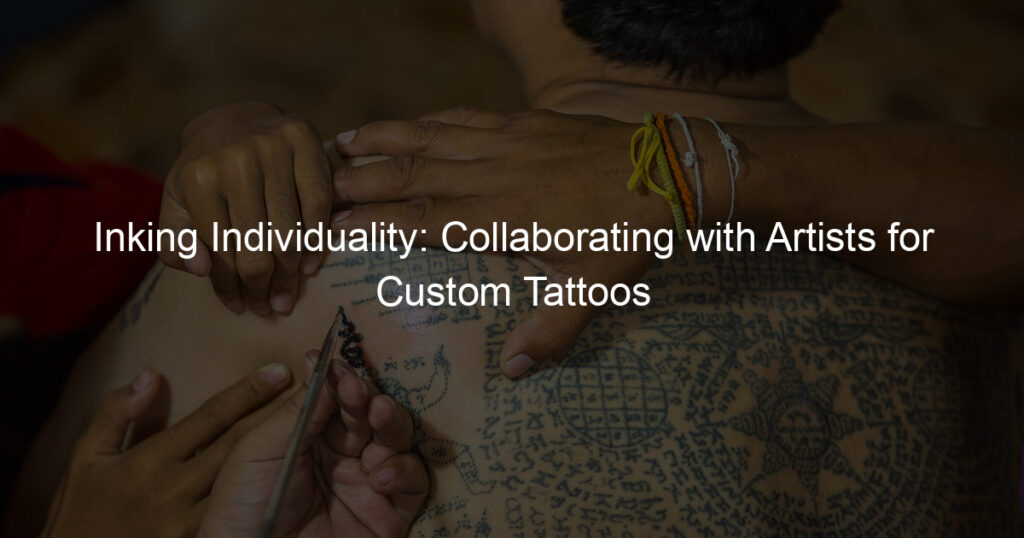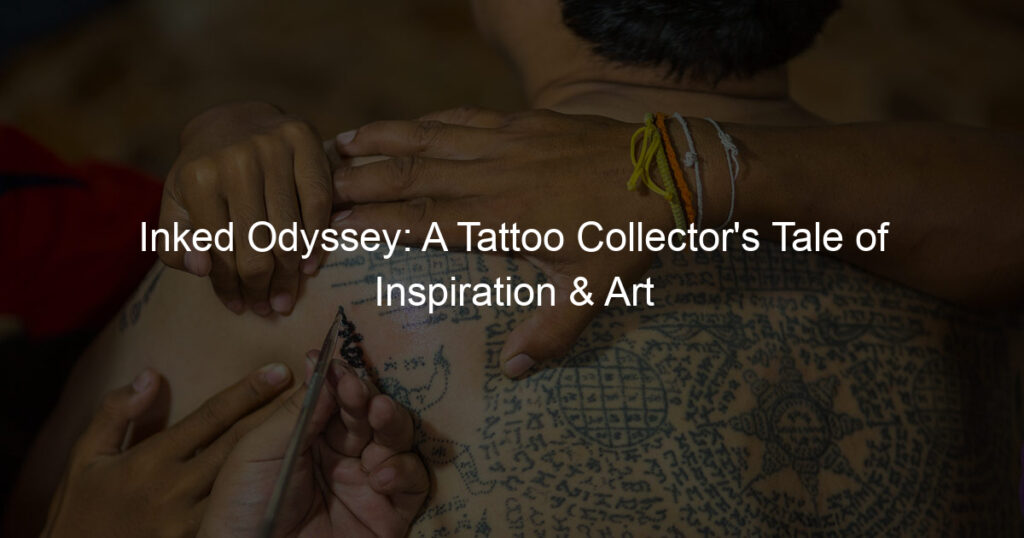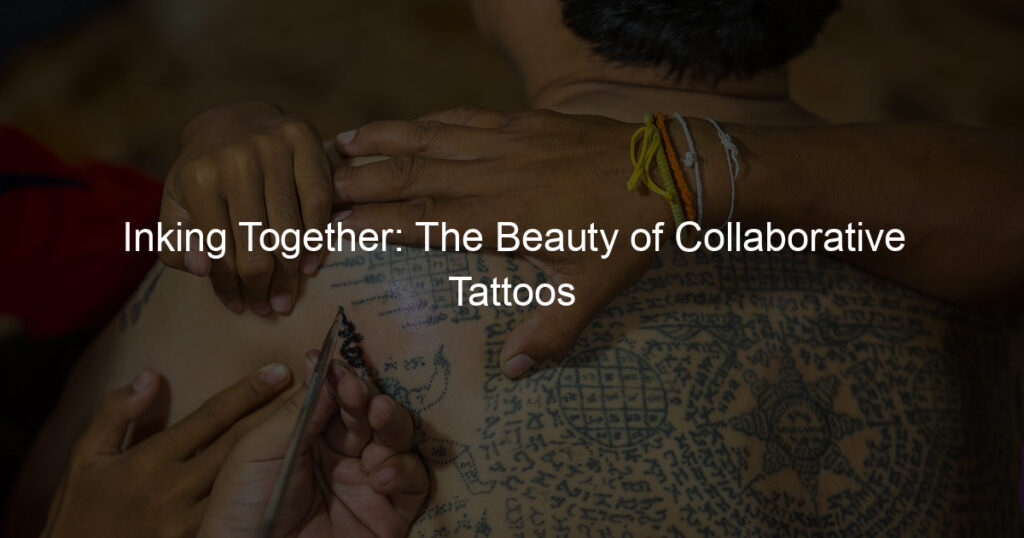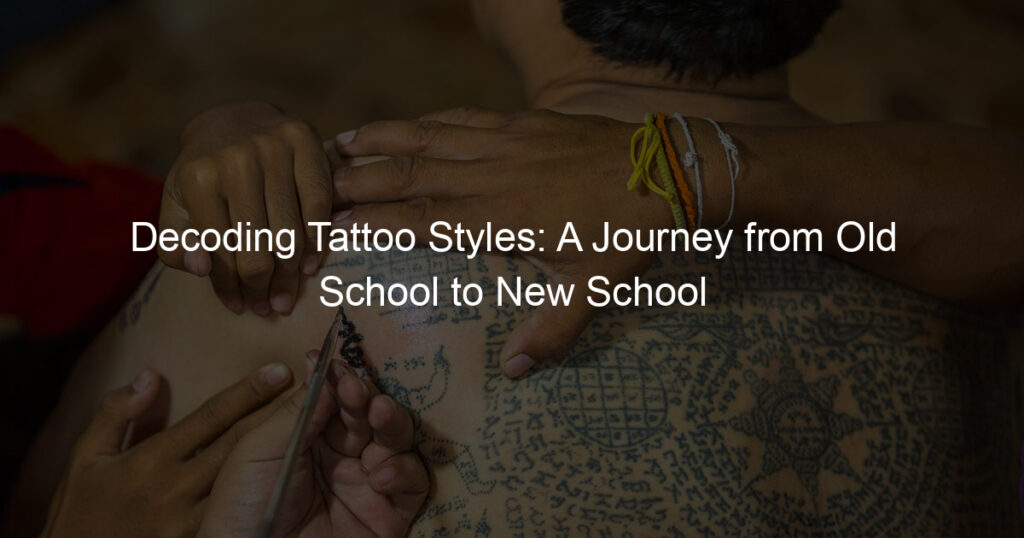There are many cultures in the world today and each of them has their own unique traditions. One of the most prevalent cultures is that of the tattoo. Tattoos have become a popular feature in Western culture as well, but they have also become common in other cultures as well. In this article, we will discuss the significance of tattoos across different cultures.
In every culture, from ancient times to today, there has been an emphasis on self-expression through body adornment. Religious affiliations, family histories, love for nature and other personal symbols have all been incorporated into body art over time. Not only do tattoos denote your own personal beliefs and values, but they also serve as a visible marker of your membership within a culture or subculture.
What cultural significance do tattoos have in various societies around the world?
The significance of tattoos varies depending on the culture. In some cultures, tattoos are used to express one’s membership within a particular social group or cultural identity. In others, tattoos serve as a form of identification.
Tattoos can also signify a person’s rank in society. For example, in the Mִ_x0081_ori culture, tattooing is not only an act of decoration, but it also has certain meanings and functions within their society. Mִ_x0081_ori people will use tiki to identify their age and position in society by wearing a specific type of tiki to represent when they were born and what their place is in the Maori hierarchy. In this case, tattoos are used for self-identification and for classifying members of society according to age, gender and social status (i.e., low or high chief).
What cultures traditionally have tattoos?
As with many other things, tattoos have been passed down through the ages and have evolved as time has passed. The different cultures traditionally associated with tattoos are Polynesian and Native American. In Polynesian culture, tattoos were historically used to identify tribal members and they also served as a sign of rank.
The first known record of tattooing in the Americas dates back to pre-Columbian times, however it is thought that body painting was used in the region long before this time. In Native American culture, tattoos were meant to mark individuals as part of a tribe or clan. They were also used to identify people who had killed an enemy or had high status within their community.
What is the connection between tattooing and culture?
There is a strong connection between tattooing and culture. Culture is often marked with body markings, so tattoos are typically one of the most prominent markers of cultural identity. Some cultures that incorporate tattoos are Hinduism and Buddhism. In these cultures, tattoos have been used as a way to create memory through sacred texts or practices that cannot be forgotten. Others cultures use tattooing for aesthetics as well, such as tribal cultures in Africa and the indigenous peoples of South America. According to anthropologist Stuart Kirschner, “Tattooing is an act of self-determination” for those who decide to ink their skin permanently. This helps people take ownership over their own appearance and body because they are physically marking themselves.
These tattoos can also serve as a marker of rank within a community or social group like a prison gang or military unit where having specific tattoos is required to be accepted into the group. The significance of tattooing varies across each culture, but it has always been a symbol of personal power and identity in some shape or form.
How have tattoos continued to be a part of some cultures?
In some cultures, tattoos have been used in ritual practices. In ancient times, the Egyptians used tattoos as a form of scarification to ease their transition into the afterlife. In present-day America and Europe, tattoos have been used in gang culture to show loyalty and acceptance of the gang members who wear them. Additionally, the Maori people have traditionally tattooed their children when they reach puberty as a means of marking their entrance into adulthood. In traditional Maori culture, tattoos were also worn by males to distinguish themselves from other males in tribal warfare.
